Social media profiles flaunt the idealistic life that users wish they had. The embellished social media profiles are not a true representation of the profile creators. People do not display their short comings on social media unless they are sharing their misfortunes to get donations.
Social Media Companies Make More Money When Users Over Engage In Social Media Content
For social media, more friends mean more browse time and more revenue from advertisement. Social media repeatedly bombard its users with ‘friend’ suggestions, which some users take seriously and add random online users as friends. Often social media users do not even remember why they added someone. Unless users change their default privacy settings, even friends of friends will have an unlimited access to the user’s private information.

In a face-to-face meeting with strangers, people are more likely to wait to disclose private information. Nevertheless, social media has transformed the tried and tested values and people are more likely to disclose private information in their profiles. Easy to use online features enable people to share their lives with a mere click.
Disclosing Private Information At An Early State Of Relationship Development
Adding someone as a ‘Facebook friend’ means that you have granted them unlimited access to all private and public information you have ever shared on Facebook. What can those ‘stranger cum friends’ do with your information? Online friends can publicly like, comment, tag, and share your posts. When comments or likes are publicly posted on your profile by your friends, they are also viewable by your other friends.
Additionally, Facebook sends email notifications and alerts to your friends about the activity that occurred on your profile. Although these repeated alerts can be overwhelming, many people go back and review their friends’ activities for fear of missing out (FOMO) on the trending news. It’s important to be mindful of the information you share on Facebook and who you add as a friend news.
What If A Social Media Friends Posts A Rude Comments On Your Time Line
If an online friend posts a rude comment or shares something displeasing or controversial on your timeline, it may cause you embarrassment in your social circle. You may feel obliged to explain your position. Controversies are especially beneficial to social media platforms because they increase users’ engagement and dwell time, which means more revenue for social media companies.
What Did The Research On Annoying Social Media Friends Found Out
Some Facebook friends are so annoying that people would happily take the longer route just to avoid them. Yet they stay as ‘friends’ on social media. Many people have a long list of online friends that they have never met in person. Results from a study comprised of 305 college students found that 61% of Facebook users were connected as ‘friends’ with people they disliked.
Additionally, the majority of participants actively read postings of their online ‘friends’, despite finding those postings annoying. Gender, relational anxiety, and intensity of Facebook use independently predicted friending disliked people and actively reading their annoying postings online. Specifically, being a female, having a high Facebook use, or experiencing higher general relational anxiety increased the odds of friending disliked people on Facebook and reading their annoying posts. The reasons reported for friending disliked people online included monitoring, downward social comparison, entertainment, and personal utility. One explanation could be that individuals engage in non-intuitive behaviors (e.g., friending disliked people) for strategic purposes.

Sharing private information makes social media users vulnerable to external threats. Just like in real life, share private information with only a trusted few. Frequently check your privacy settings because social media companies introduce new features with default public settings to generate more revenue.
Take Home Message
Be cognizant of what you share on social media and who has access to it.
About the Author: Irum Abbasi is a post-doctoral researcher. Her research focuses on unraveling different ways in which social media shapes and influences various types of relationships, ranging from personal connections to professional networks.
For Further Reading
Vendemia, M. A., High, A. C., & DeAndrea, D. C. (2017). “Friend” or foe? Why people friend disliked others on Facebook, Communication Research Reports, 34, 29-36. doi:10.1080/08824096.2016.1227778


